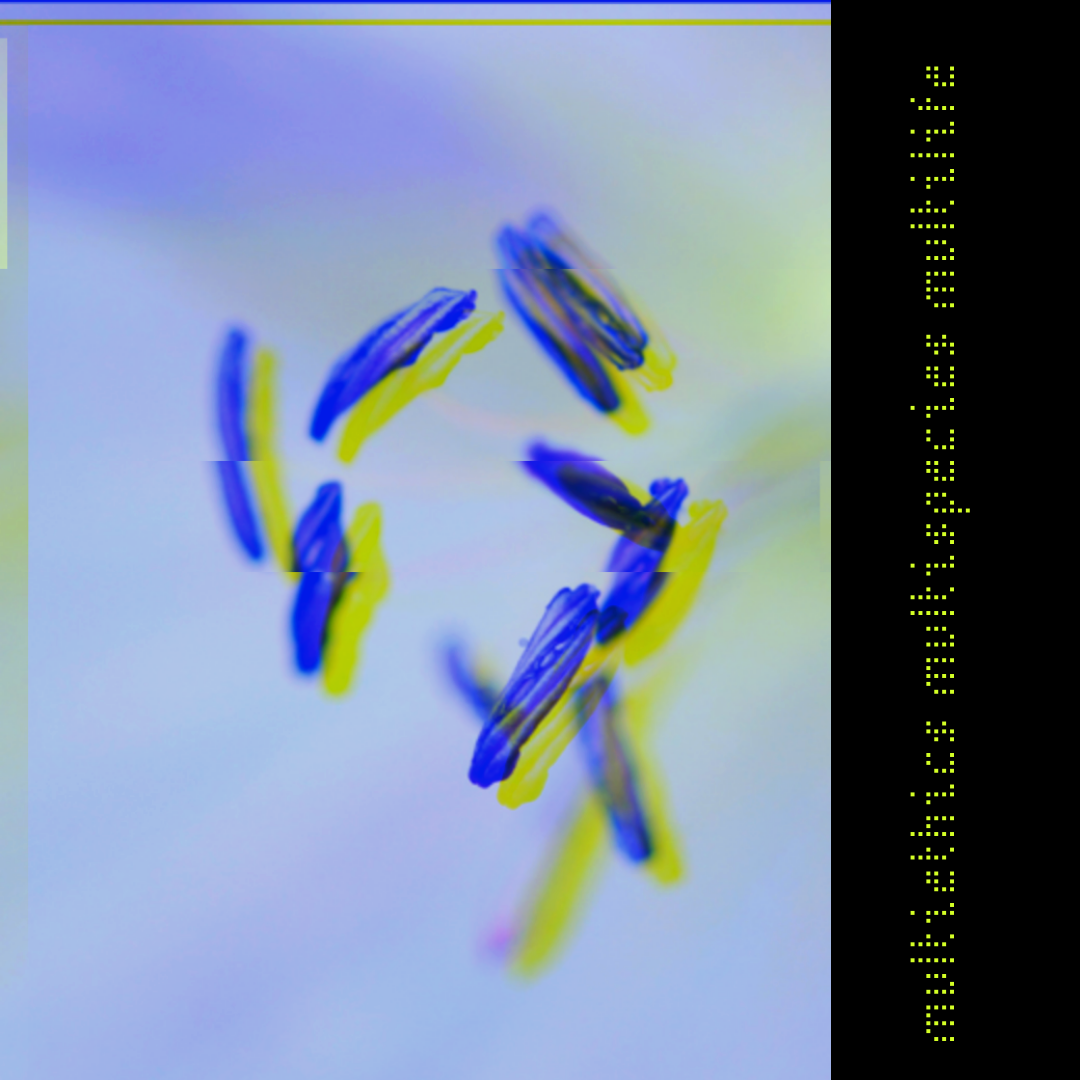
Jesse Breite
Artist Statement: Talking & Listening to Plants
Writing poetry has always been about discovering a greater awareness of my surroundings, and I have repeatedly turned to the readily available, tactile, and subtle natural phenomena just outside my window. In an age of cyber-urgency, I aspire to the steadfast model of trees, the easy life cycle of plant life, and even the critters which have an admirable sense of restraint and focus.
“The Hosta” is a yard-work poem. In the labor of cleaning up the yard, I found myself witness to the resilience and return of the hosta’s bloom. It was a miraculous, muddy, and image-rich experience. As I began trying to write this discovery, I found myself researching the origins and history of the hosta. The result was this gritty, historical, spring poem.
“In Spring” is one of my annual spring poems. I am always surprised by the beauty of spring, and I hoped to capture some of the seasonal swell–the bloom of leaves and flowers and all the emotions that visit when spring returns. I use repetition and iteration to express a language for spring’s lusciousness.
“Ranunculus Repens” is a poem that came from running in the mountains. When I lived in Asheville, I had a route through the woods, and the buttercups took over the meadows in the spring. I did a little research and found the flowers morphing into yellow eyes and toads. The plants had a monstrous, imperial quality that was both spellbinding and haunting. My poem references Heaney’s big, blunt frogs in “Death of a Naturalist.” These buttercups, in contrast, were small and myriad yet still threatening.
Jesse Breite’s recent poetry has appeared in The Chattahoochee Review, Tar River Poetry, Fourteen Hills, and Rhino. His chapbook is The Knife Collector (FutureCycle, 2013). He is also librettist for Atlanta composer Michael Kurth’s choral scores. Jesse teaches high school in Atlanta, Georgia, where he lives with his wife and two kids. More at jessebreite.com.



